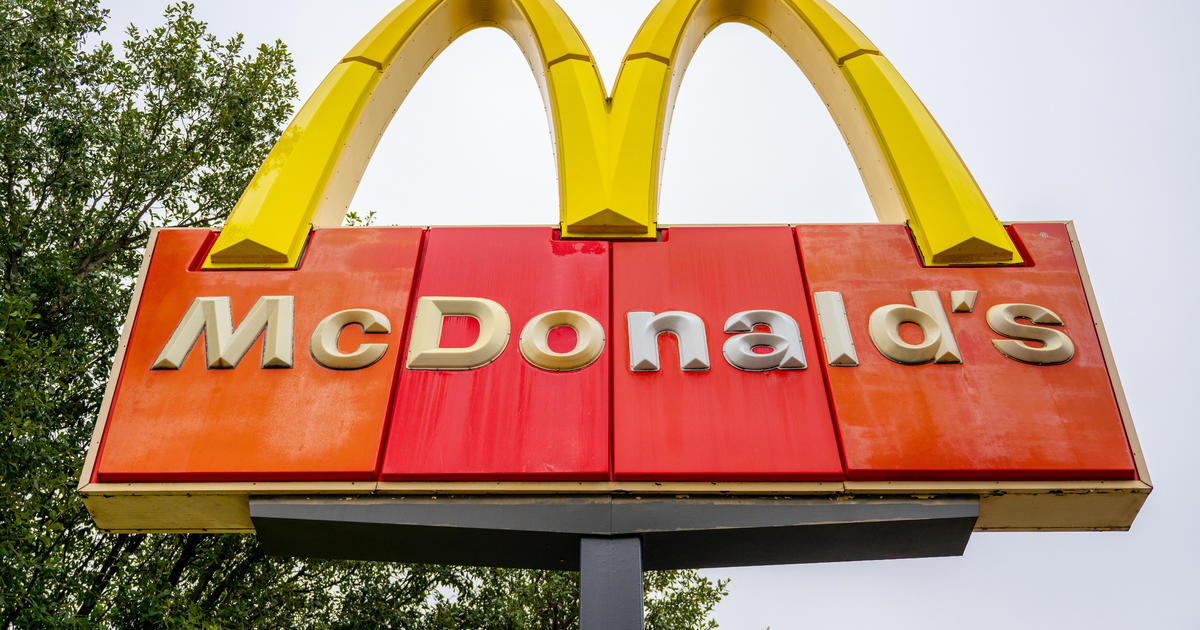Starting Monday, most California fast-food workers will earn at least $20 an hour — the highest minimum wage across the U.S. restaurant industry. Yet the pay hike is sparking furious debate, with some restaurant owners warning of job losses and higher prices for customers, while labor advocates tout the benefits of higher wages.
The new law, signed by Governor Gavin Newsom last fall, takes effect on April 1, requiring that fast-food chains with at least 60 locations nationwide pay workers at least $20 an hour. The means the state’s 553,000 fast-food workers will earn more than the state’s $16 minimum wage for all other industries.
The new baseline wage comes as the fast-food industry is seeing booming earnings, with big chains like McDonald’s enjoying strong revenue growth and wider profit margins in recent years. That’s partly due to menu prices that have far outpaced inflation, with fast-food costs surging 47% over the past decade, compared with an average of 29% for all other prices, according to a new analysis from the Roosevelt Institute, a nonpartisan think tank.



In California, near me, the closest McDonalds, Panera’s, and Togo’s have adopted kiosk-based ordering, which takes the human out of the ordering loop. None are pure kiosk (at least not yet).
The Panera’s also had orders dropped off at tables, and appears to have ended that practice; they also removed the numbered buzzers. Now they’ll notify a cell phone if a number was entered at the kiosk, and if not, call the name on the receipt from the pickup counter.
EDIT: Actually, as a result of this conversation, I went over to the Togo’s in question, where the manager – who I think, from hearing her talk to people during some remodeling work, is also the owner of this particular franchise location – was working the counter along with some other employees. She confirmed that Togo’s was gonna see the minimum wage increase, sounded worried about what it was gonna do to costs. Then immediately the other guy waiting at the pick-up counter started complaining about California housing costs and both of the two started complaining to each other about inflation.
The cell phone thing is for data collection fyi, buzzers are cheap.
Yeah, I don’t want to be in their database so opt to have my name called, but often miss them calling from the pickup counter now. It is definitely obnoxious.
Come to think of it, I wonder if anyone has built a database linking phone numbers to Bluetooth UUIDs? I assume that software on a cell phone can obtain the phone number and the Bluetooth UUID and the full name of the user, so probably free-to-play games and the like will sell it.
And if that’s the case, if you correlate with that data, you can identify customers from the Bluetooth UUIDs.
I’m sure if the data CAN be collected, it is collected. Then sold, and used to track you.
Some places, like big box stores, do track the cell phones of people in the store. And you can bet that they correlate that with all the other info on you that they have.
https://www.cbsnews.com/boston/news/stores-spy-on-customers-by-tracking-cell-phones/
According to business leaders, this should have lowered the prices heavily, since they say labor costs is such a huge part of the final price right?
So… did the prices go down?
This automation and these kiosks aren’t the result of increased wages as these are things a business would install anyway because it’s just a single, fixed, upfront cost and not something the requires scheduling, biweekly paychecks, health insurance, training, etc. We’re setting more of them now because the technology has gotten better and cheaper.